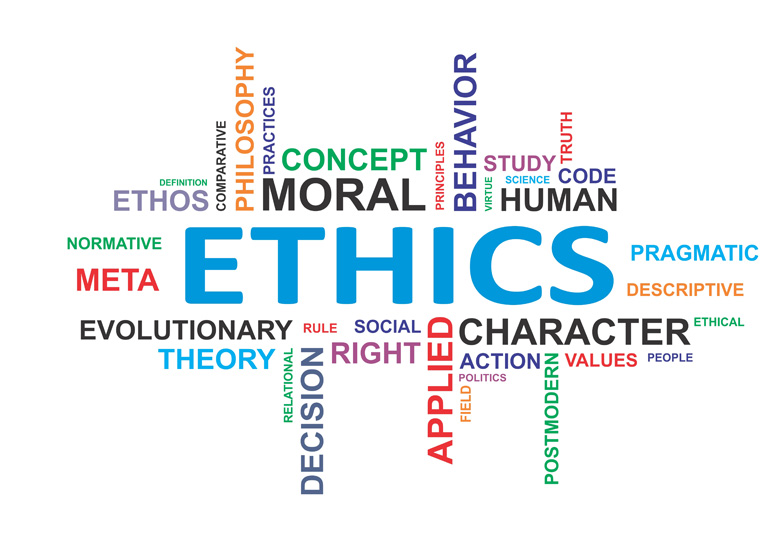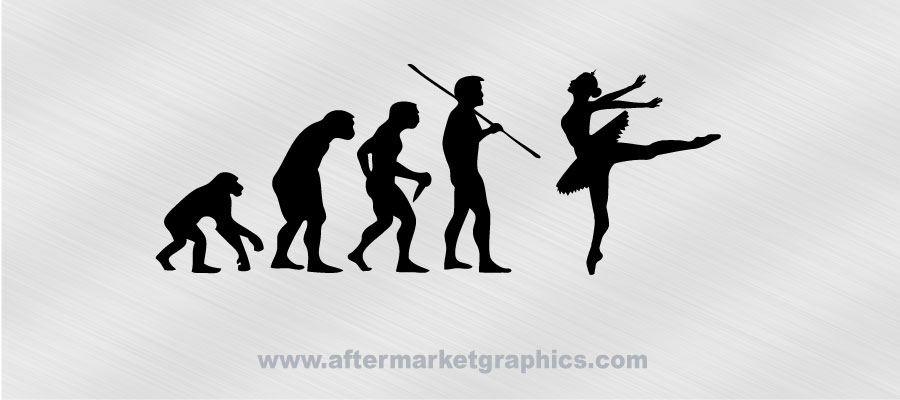After reviewing all options for carrying out my Professional Inquiry about the concerns in the future in dance of Classical Companies I have decided on the following methods:
>>Observation
>>Interviews
>>Documents
As it is such a vast topic of conversation and debate these days in the dancing department, I believe a qualitative approach will be more appropriate in analysing my resources of inquiry. Just like you cannot put a measure in 'love' I believe the same stands for putting a measure in foreseeing a future as it is unpredictable and I am expecting opinions to vary across different participants, especially in the interviews I will be taking.
Observation:
Part of the process will be observing the phenomena myself. As I currently a temporary dancer with the Royal Ballet of Flanders, I will takes this advantage as an insider researcher and observe a rehearsal of a contemporary piece choreographed by the Artistic Director of the company, Sidi Larbi Cherkaoui. This is a piece that is being created on the company right at this moment as we speak, and will be premieres in March along with two other works by Ohan Naharin and Akram Khan. All these are some of the 'hottest' names in the world of the dance, and their contemporary works are well recognised amongst the classical companies (ENB performing Akram Kahn's version of Giselle) .
With the permission of the Assistant to the director and Sidi Larbi himself, I will be watching the creative process of his premiere of 'Requiem'. I thought it would be very interesting to see the difference between a commissioned piece that has already been created and a work that is purely choreographed on the dancers of the company. During the observation I will be writing down notes of certain differences I notice as well as behavioural nature between the dancers and the choreographer. I am interested in the communication that they share between them and the input of the dancers. Knowing how contemporary sometimes works from past experiences and being informed about the Gaga workshops (very popular nowadays)>Appendix... A lot of improvisation skills are required from the dancers, which could be a challenging task for a classically trained dancer, growing up in a very structured form of dance. Ofcourse, every choreographer works in different ways therefore I am curious as to which techniques Sidi Larbi will be using in his creation, and how much input to the dancers have as per of the creative process.
Aim?
Identify some differences between learning a classical piece of repertoire to a recent contemporary work (structure of teaching, method of communication, dancers involvement)
Find out how perhaps a more contemporary method of teaching rep could influence the operation of a company.
Would a classical company benefit from these methods?
As an insider to this research their are menu benefit contributing to WBL, by gaining the more knowledge while working over a long period of time. However, there is a downfall simply by just being involved in researching the operation of a company as issues may always rise up, and could harm the name/reputation of the company of the information being shared is not secured and confidential . Therefore, it is strictly advised to ask a formal permission by the director or gatekeeper in order to access information about the company through the dancers or carry out observations/meetings/surveys etc. This is what the Ethical forms are for. The precautions are not only for the sake of the company but also for the practitioner (me) by doing this research. No risk must be taken as to inhibit my work with the company.
Interviews:
I believe that Interviews are the best way to communicate with the dancers. This will be done in a semi structured form, where the participant will be asked the same questions , or ones along the same line, but due to a difference in opinion could very likely lead me to going down a different route with my questions. Special care must be taken as too not get carried away too much out of topic as that could get very complicated to analyse in my 3rd module. However, the participants are free to express there thoughts concerning how contemporary dance is influencing classical ballet companies.
Who?
I will be interviewing 3-4 dancers from Ballet Vlaanderen, the reason being that these dancers are experiencing the transition the once more classical based company is going through to a more contemporary ground.
I am thinking that it would be good to interview dancers who have worked for years in ballet Vlaanderen as well as new dancers who have joined with the recent change of management , contemporary choreographer Sidi Larbi. I believe (or I hope) that this will bring varied answers and opinion, which could be very interesting to analyse and gain greater knowledge in my area of research. I am interested to see how the dancers see the future of dance in classical companies.
How has the transition affected the dancers/company?
What changes did the company experience besides the repertoire?
Will ballet companies be following a similar example with this expansion of contemporary choreographers?
I also feel like a good idea would be to interview a dancer from one of the most traditional companies in the world , the Royal Danish Ballet, with the solid background of August Bournville. Viewing the current repertoire of the company, a lot of influence is coming from America, as the one Danish style company is performing many works by Balanchine (New York city ballet), which is indeed a very different and more recent style of movement and technique. I would like to see how this phenomenon has affected the company there.
It makes me wonder whether this is a universal trend that companies are following. Ofcourse, the Royal Danish is still very classical based, however it may also seem that the company is drifting away from the traditional. A breakthrough would be Nikolaj Hubbe's revival of La Sylphide, which is sacred to the Danish history of the company. Appendix...
Permission would be required by the dancer himself also signing the ethical form provided by Middlesex University. This interview will be done on Skype at a time that would suit both the participant and myself outside of work premises. With permission the interview will be recorded for accuracy as well as taking notes to deceive any observations on behaviour or things that cannot be recorded on tape. (Feelings, dilemmas, hesitations)... Ofcourse, by doing this, misinterpretation can often be a danger, therefore the questions must be clear and as much related to the area of research as possible.
At last I would very much like to interview a dance critic, as this is the person viewing art from an outsider's point of view rather that dancers like us. I can imagine a dance critic has a very busy schedule , therefore a question are with clear questions and a brief explanation of the research will be the best option of communication, after asking permission and signing ethical forms. This will lead to a professional method of collecting data for future analysis.
Aim?
Getting an insight from so many different personalities could help gain an all rounded knowledge about the way people are predicting the future of dance in ballet companies.
Documents:
Documents is a great tool in my inquiry, as it is where I gain most of my knowledge about the past, and how innovation has moved the arts forward. My sources would come from Literature I have read, either from books like 'My Ballet Lover's Companion' by Zoe Anderson, which gives an outline to how ballet has evolved since it first began up to this very present day. This will be my base. Others, would be current reviews and articles mentioned on either Dance Europe or the Independent online news, as well as interviews by other dancers on ongoing current events about the entering of ballet companies into the modern world (examples: Ballet Flanders and Berlin Staatsballet) .











